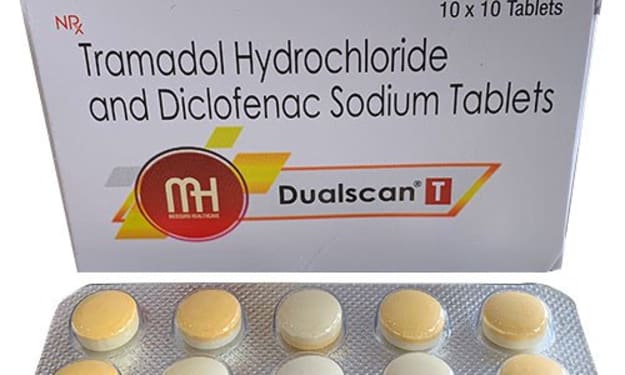Why to Choose Experiential Therapy Above All
he answer to this question is multifaceted. Essentially, it is a therapy that organizes different therapies into one cohesive method. This is not eclecticism, which is the practice of different therapists doing the same thing with different names

The answer to this question is multifaceted. Essentially, it is a therapy that organizes different therapies into one cohesive method. This is not eclecticism, which is the practice of different therapists doing the same thing with different names. In addition, even members of the same group may practice differently. Moreover, older theories of therapy are very specific about the experiences a person has, and how the therapist practices.
Experiential therapy improves self-esteem
If you are experiencing low self-esteem, you may be wondering how experiential therapy works. The truth is that it can be an effective way to boost your self-esteem. Therapy can help you develop a more positive relationship with yourself, and that healthy relationship will have a ripple effect on other areas of your life. And while it isn't shameful to seek help, it is important to know that it is completely legitimate.
One type of experiential therapy involves learning to navigate life and live in the present. Motivational Interviewing therapy, for example, teaches clients to identify their own motivation for changing their behavior. The four steps of this therapy are: determining the reasons people engage in particular behaviors, identifying areas of change, and establishing goals. Once these are identified, the therapist can help clients develop strategies for implementing them. By learning to identify why people engage in certain behaviors, they are more likely to change their behavior.
During this type of therapy, clients are encouraged to explore and process negative feelings. In a safe, supportive environment, these feelings can be worked through and replaced by healthier coping mechanisms. Many people who have undergone trauma and experience depression often struggle with low self-esteem, but with the help of experiential therapy, they can overcome these issues and develop self-esteem and self-discipline. This therapy is particularly effective for people who suffer from low self-esteem.
Adjustment
The first two weeks of sober living are crucial for establishing trust and establishing routines. Residents are always in the presence of staff members to provide support during early cravings. The same staff will stay with clients for the entire treatment program. They can help them adjust back to daily life and provide guidance whenever necessary. In addition to easing the transition, the staff members provide guidance for clients who are struggling with addiction issues. Sober living offers a great opportunity to help those in recovery.
During the initial stages of recovery, the client tends to feel ambivalent about ending substance use. During this stage, cognitive impairment due to substances is at its most severe. This limits clients' ability to think clearly and to solve problems. Many scientists believe that the addicted brain is abnormally conditioned. This makes it difficult to break free of addiction without facing cognitive impairment. During the adjustment stages of sober living, individuals work on developing healthy habits and goals and learn to deal with life's challenges without substance use.
The benefits of recovery are great. However, some clients experience depression, lassitude, and agitation. These conditions lead to feelings of despair and lack of motivation. The client may stop caring about their recovery. To avoid these feelings, the client should seek out support from family and friends. The support network should be strengthened in sober living. It is essential for individuals to be encouraged and supported throughout their recovery. These individuals provide valuable support to other clients.
During the early days of sobriety, a person experiences what is known as the "pink cloud syndrome." This phase involves feelings of elation and overconfidence. However, this phase will not last forever and can negatively affect the recovery process. It's important to keep realistic expectations, however, and recognize the difference between the pink cloud phase and the honeymoon stage. It is important to remember that each person's journey through recovery will be unique and last a different amount of time.
It is important to remember that sober living is a temporary solution to long-term recovery. It is important not to forget to maintain healthy relationships with family members, friends, and coworkers. After all, addiction is a disease that will recur, and if you want to live a productive life, you must maintain relationships with others who will support your recovery. Sober living is not an easy journey.





Comments
There are no comments for this story
Be the first to respond and start the conversation.